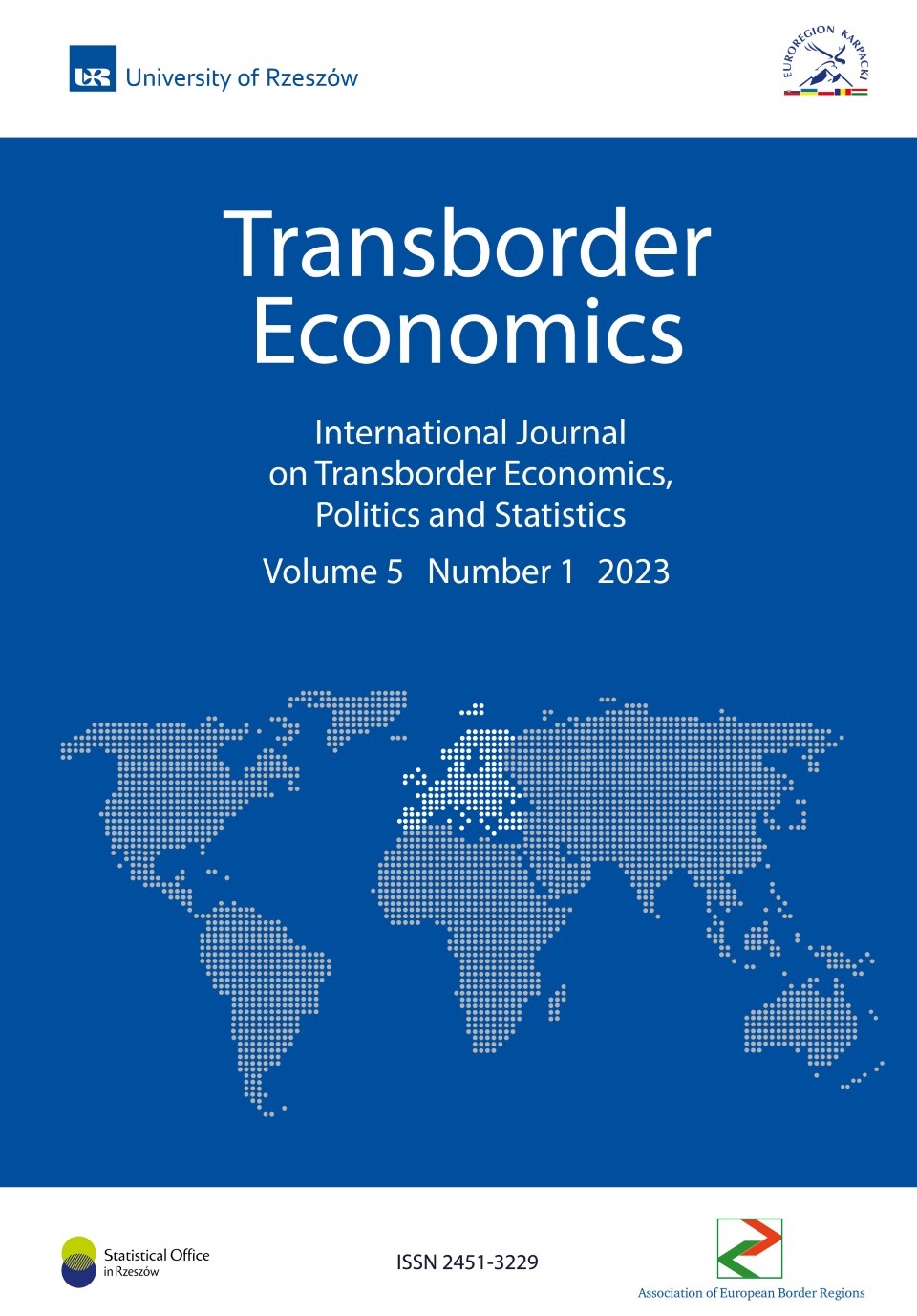EURES: Facilitating Occupational Mobility Across Transborder Areas
Słowa kluczowe:
EURES, Transborder Regions, Labour MarketAbstrakt
EURES, the European Employment Services network, plays a crucial role in promoting labour mobility within the European Union (EU) and the European Economic Area (EEA). Established in 1993, EURES facilitates the exchange of job vacancies and recruitment between European countries, connecting job seekers with employers and providing comprehensive support services. This article examines the initiatives and services offered by EURES to promote labour mobility, including its online job vacancy database, job mobility support, recruitment events, and support for employers. Additionally, the article analyses recent reports of European Commission as well as EURES database to provide insights into the supply and demand side of the labour market, required skills, education levels, and work schedules across different countries and NACE sectors. The findings shed light on the effectiveness of EURES initiatives in facilitating labour mobility and addressing the diverse needs of job seekers and employers in Europe. Data analysis presents large diversity of national labour markets. Imbalances of supply and demand side of labour market for several occupations are revealed. The occupational choice theories are outlined to indicate that it is a subject of substantial academic research. The role of occupational choice seems to be invaluable in terms of balancing labour market as well as in terms of its impact on other life domains.
Downloads
Pobrania
Opublikowane
Jak cytować
Numer
Dział
Licencja
Prawa autorskie (c) 2023 TRANSBORDER ECONOMICS. International Journal on Transborder Economics, Finance, Politics and Statistics

Utwór dostępny jest na licencji Creative Commons Uznanie autorstwa – Użycie niekomercyjne – Bez utworów zależnych 4.0 Międzynarodowe.


